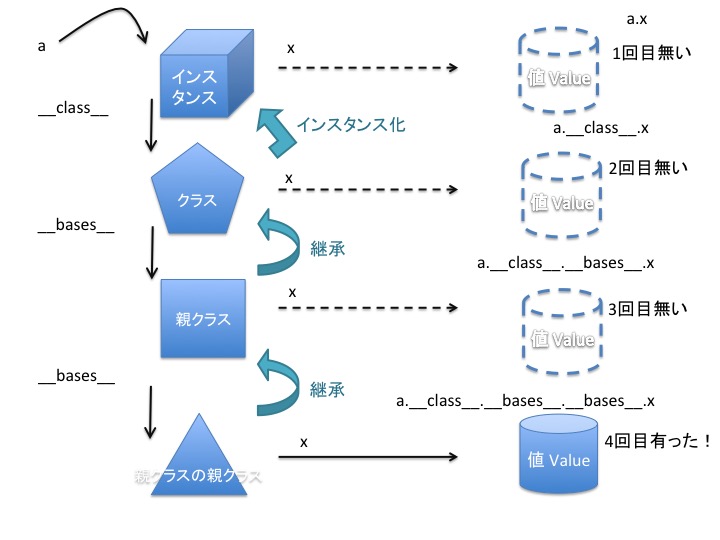Slot Machine in Python. GitHub Gist: instantly share code, notes, and snippets. Very simple and intuitive. For more information on Python decorators, you might want to checkout the article - Python Decorators Overview to familiarise yourself. Finally, let's instantiate a Circle, hook up the signals to the slots, and move and resize it. Slots is a Python library designed to allow the user to explore and use simple multi-armed bandit (MAB) strategies. The basic concept behind the multi-armed bandit problem is that you are faced with n choices (e.g. Slot machines, medicines, or UI/UX designs), each of which results in a. Encapsulate functionality in a class I'd create a class called SlotMachine that holds the global state. It should store constants as class-level variables, and other values as instance-variables (or better yet properties). Then all of your methods should belong to that class. In this particular example, the slot class is about 35% faster. Conclusion & Further Reading. Data classes are one of the new features of Python 3.7. With data classes, you do not have to write boilerplate code to get proper initialization, representation, and comparisons for your objects. You have seen how to define your own data classes, as.

Next Chapter: Classes and Class Creation
Slots
Avoiding Dynamically Created Attributes
The attributes of objects are stored in a dictionary __dict__. Like any other dictionary, a dictionary used for attribute storage doesn't have a fixed number of elements. In other words, you can add elements to dictionaries after they are defined, as we have seen in our chapter on dictionaries. This is the reason, why you can dynamically add attributes to objects of classes that we have created so far:
The dictionary containing the attributes of 'a' can be accessed like this:
You might have wondered that you can dynamically add attributes to the classes, we have defined so far, but that you can't do this with built-in classes like 'int', or 'list':
Using a dictionary for attribute storage is very convenient, but it can mean a waste of space for objects, which have only a small amount of instance variables. The space consumption can become critical when creating large numbers of instances. Slots are a nice way to work around this space consumption problem. Instead of having a dynamic dict that allows adding attributes to objects dynamically, slots provide a static structure which prohibits additions after the creation of an instance.

When we design a class, we can use slots to prevent the dynamic creation of attributes. To define slots, you have to define a list with the name __slots__. The list has to contain all the attributes, you want to use. We demonstrate this in the following class, in which the slots list contains only the name for an attribute 'val'.
If we start this program, we can see, that it is not possible to create dynamically a new attribute. We fail to create an attribute 'new'.
We mentioned in the beginning that slots are preventing a waste of space with objects. Since Python 3.3 this advantage is not as impressive any more. With Python 3.3 Key-Sharing Dictionaries are used for the storage of objects. The attributes of the instances are capable of sharing part of their internal storage between each other, i.e. the part which stores the keys and their corresponding hashes. This helps reducing the memory consumption of programs, which create many instances of non-builtin types.
Next Chapter: Classes and Class Creation
Python Slot Machine Code
